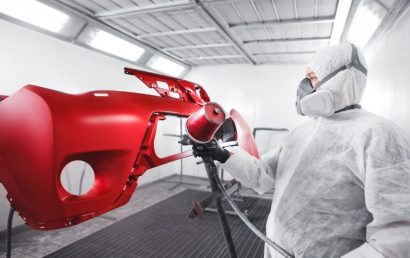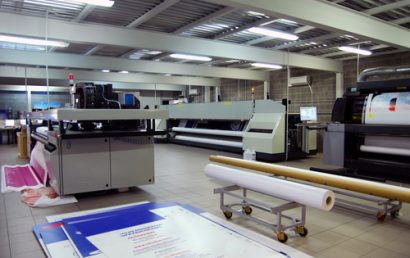Understanding the Use of Aluminum Alloys in the Automotive Industry
With advantages such as desirable surface appearance, good corrosion resistance, formability, and low specific weights, in the automobile industry today, aluminum alloys are used more and more. Thanks, in part, to the use of aluminum alloys in the automotive industry, vehicles are more aerodynamic and lighter weight. For many vehicle distributors, aluminum alloys offer the most efficient choice of vehicle material. In automotive engines, aluminum alloys are put to good use – this is particularly applicable where weight saving is desired such as crankcases and cylinder blocks. An engine’s cooling system is critical since, at elevated temperatures, alloys are susceptible to warping.
Aluminum Alloys and Automobiles
The difference between aluminum and alloy is this: alloy is several chemical elements mixed together, while aluminum is strictly a chemical element. Aluminum can be found on the periodic table (Al – atomic number 13). Belonging to the boron group, aluminum is a nonmagnetic, soft, silvery white, and ductile metal.
In the manufacture of automobiles, aluminum has been utilized for over 100 years. Paying great dividends in the reduction of fuel consumption, the weight of a car can be reduced by up to 239 kg through the use of aluminum. Second only to steel, the most used material in the auto industry is aluminum.
Aluminum Alloys
Where aluminum alloys are concerned, one of the strongest commercially is 7068 aluminum alloy. With characteristics comparable to the tensile strength of some steels, there can be little question why aluminum has become such a popular material in the auto industry.
For soft bearing surfaces, thermal spray coatings most commonly used include aluminum bronze-polymer, white metal or babbitts, phosphor bronze, and aluminum bronze composites.
In fuel, lubrication, and hydraulic fuel systems, as well as in low load parts, 6xxx, 5xxx, and 3xxx alloys are used. Consisting of copper, magnesium, zinc, and aluminum, 7075 is the most widely used alloy.
Other Automotive Coatings/Materials
In the automotive industry, aside from aluminum alloys, ceramic coatings are frequently used. These coatings help make a difference in engine efficiency through proper temperature regulation. When parts are protected by ceramic coatings, wear resistance is increased, friction reduced, and heat shielding is improved. Even horsepower ratings can be enhanced courtesy of the right coatings. Additionally, ceramic coatings can assist engine components in running in a more uniform, compatible fashion.
A&A Coatings and The Automotive Industry
A&A Coatings has been responsible for numerous advancements, applications, treatments, and more where the automotive industry is concerned. This is just one of numerous industries that we assist and support with our thermal spray solutions.
For decades, through the process of thermal spraying, we have assisted in increasing automotive component lifespan and improving vehicle performance. Where automotive parts are susceptible to corrosion and wear, we provide specialized coatings for suspension components, steering parts, engine transmission components, and more.
Can Thermal Spray Help Your Company?
With the right coatings, you can reduce downtime, lessen maintenance expenses, significantly influence parts costs in a beneficial manner, and more – thereby improving your bottom line. To find out what our coatings can do for your company – or to discover other ways in which A&A Coatings can benefit your industry – contact us today.



